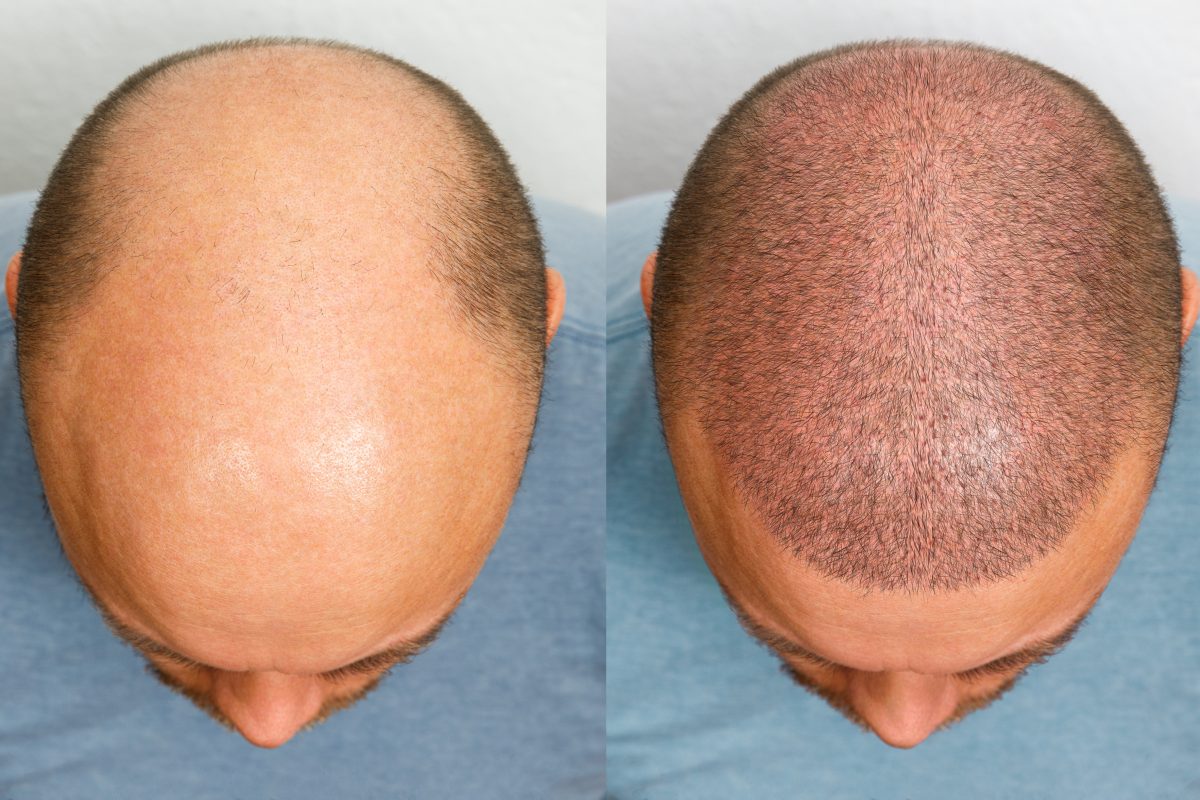A hair transplant is a surgical procedure that involves moving hair follicles from one area of the scalp to another to treat hair loss. It is a popular and effective method for restoring hair to areas that have become bald or thin. However, many people wonder how long it takes for hair to grow back following a hair transplant. In this blog post, we will discuss the factors that affect the growth timeline and what you can expect during the recovery process.
Understanding the Hair Growth Cycle.
To understand how long it takes for hair to grow back after a hair transplant, it is essential to understand the hair growth cycle.
The hair growth cycle has three stages: anagen, catagen, and telogen. During the anagen phase, hair grows actively, and this phase lasts for several years. During the catagen phase, the hair follicle shrinks, and hair growth slows down. The telogen phase is the resting phase, during which the hair follicle is dormant before falling out and making room for new hair growth.
How Long Does It Take for Hair to Grow Back After a Hair Transplant?
After your procedure, it takes time for the hair follicles to settle into their new location and begin growing hair. Initially, you may experience some shedding of the transplanted hair, but this is normal and should not be a cause for concern. The transplanted hair follicles will enter the anagen phase after about two to three months, and new hair growth will start to become visible.
It typically takes six to twelve months for the transplanted hair to grow to its full length. However, this timeline can vary depending on several factors, including the individual’s hair growth rate, the technique used during the transplant, and how well the patient follows the post-operative instructions.
Factors That Affect Hair Growth After a Hair Transplant
Several factors can impact the growth timeline after a hair transplant. Here are some of the most significant factors:
- Age – Age can affect hair growth after a hair transplant. Younger patients tend to have a higher metabolic rate and may experience faster hair growth than older patients.
- Technique Used – The technique used during the hair transplant can impact the growth timeline. There are two primary methods: follicular unit extraction (FUE) and follicular unit transplantation (FUT). FUE typically results in a quicker recovery time and less scarring than FUT.
- Health – A person’s overall health can impact hair growth after a transplant. A healthy diet, regular exercise, and stress management can all contribute to healthy hair growth.
- Post-Operative Care – Proper post-operative care is crucial for optimal hair growth. Patients must follow their surgeon’s instructions carefully, which may include avoiding certain activities, using special shampoos, and taking prescribed medications.
- Hair Growth Rate – The natural rate of hair growth can impact the growth timeline after a hair transplant. If a patient’s hair growth rate is slow, it may take longer for the transplanted hair to grow back.
Conclusion
In conclusion, the timeline for hair growth can vary from patient to patient. Typically, new hair growth becomes visible about two to three months after the transplant, and it can take six to twelve months for the hair to grow to its full length. Factors that can impact the growth timeline include age, technique used, overall health, post-operative care, and natural hair growth rate.
It is important to consult with an experienced hair transplant surgeon to understand the recovery process fully and receive personalised guidance on how to achieve the best possible outcome. With patience and proper care this procedure can provide a long-lasting solution for hair loss.
Contact the NextGen team of UK experts today to discuss your individual needs.












